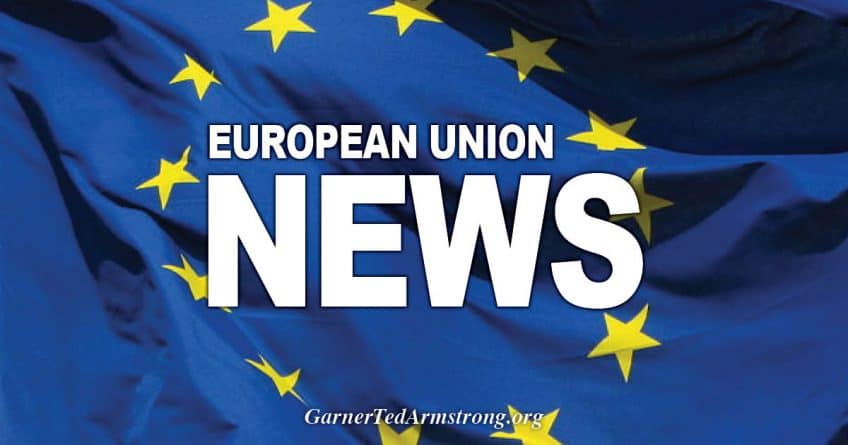
France, Germany, and Italy face major challenges in ICU capacity this winter and will exceed the first peak without further suppression measures.
A new report from the Imperial College London COVID-19 Response Team, says the pandemic has placed enormous strain on healthcare systems, particularly intensive care units (ICUs), with COVID-19 patient care being a key concern of healthcare system planning for winter 2020/21.
The researchers say that ensuring that all patients who require intensive care, irrespective of COVID-19 status, can access it during this time is essential.
The study estimates the spare capacity of key ICU resources under different epidemic scenarios in France, Germany, and Italy across the winter period of 2020/21. The report explores the effect of implementing suppression strategies at different numbers of COVID-19 patients in ICU.
‘Substantial capacity deficits’
The researchers provide a detailed insight into potential capacity constraints this winter using a ‘dual-demand’ (COVID-19 and non-COVID-19) patient model, considering multiple ICU resources such as beds, doctors, nurses, and ventilators.
Without sufficient mitigation, the study finds that COVID-19 ICU patient numbers will exceed those seen in the first peak, inducing substantial capacity deficits, of which beds are consistently found to be the most constrained across epidemic scenarios.
Lockdowns based on ICU capacity could lead to large improvements in spare capacity during the winter season, with pressure being alleviated most effectively when a lockdown is triggered early and implemented at a higher level of suppression. In this scenario, deficits are reduced, and all patients can receive treatment when supply-side hospital provision is expanded.
The success of such interventions depends on baseline ICU bed numbers and average non-COVID-19 patient occupancy.
The study finds that lockdowns of longer duration reduce the total number of days in deficit, but triggering lockdown earlier when COVID-19 ICU occupancy is lower is more effective in minimising deficits.
The researchers emphasise the dependencies between different metrics, suggesting that absolute benefits of different strategies must be weighed against the feasibility and drawbacks of different amounts of time spent in lockdown.
The work is presented in the latest report from the WHO Collaborating Centre for Infectious Disease Modelling within the MRC Centre for Global Infectious Disease Analysis, Jameel Institute (J-IDEA), Imperial College London.
Limiting the number of severely affected patients
Professor Christl Donnelly, from the School of Public Health, said: “COVID-19 risks are foremost in our minds as we head into winter in Europe. However, our analyses make clear that we can make collective decisions now to limit the number of severely affected COVID-19 patients needing ICU care and in some cases dying”
Dr Oliver Watson, from the School of Public Health, said: “In the last two months, slowly but surely, we have witnessed COVID-19 transmission increase and second waves take hold in many European countries.
“However, in our report we highlight the importance of making swift policy decisions in response to increasing transmission in order to reduce future strains on healthcare.
“We hope that these findings will encourage policymakers to make tough decisions and act early in response to rising transmission. We believe this is the most effective method to navigate winter and keep transmission under control until vaccine candidates can be scaled and distributed.”
Ms Ruth McCabe, from the School of Public Health, said: “Our research shows that implementing stringent non-pharmaceutical interventions is a highly effective way to reduce capacity deficits in intensive care units this winter and ensure that all patients can receive care, regardless of COVID-19 status.
“However, the benefits of these strategies must be weighed against their drawbacks, with careful, continuous decision-making by public health officials likely to be necessary throughout the winter period.”
Source: http://www.imperial.ac.uk/news/208873/france-germany-italy-face-major-challenges/
[Disclaimer]









